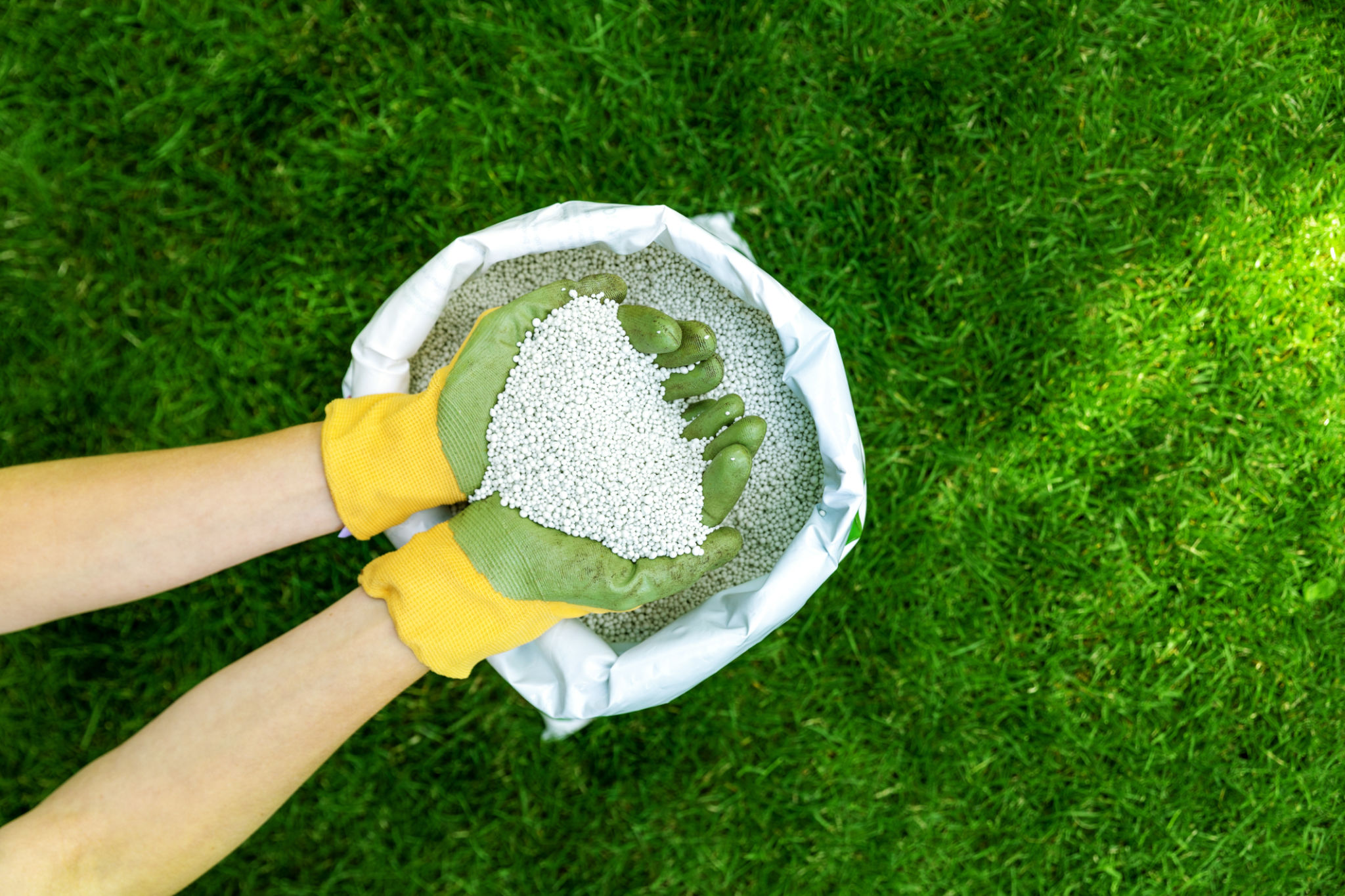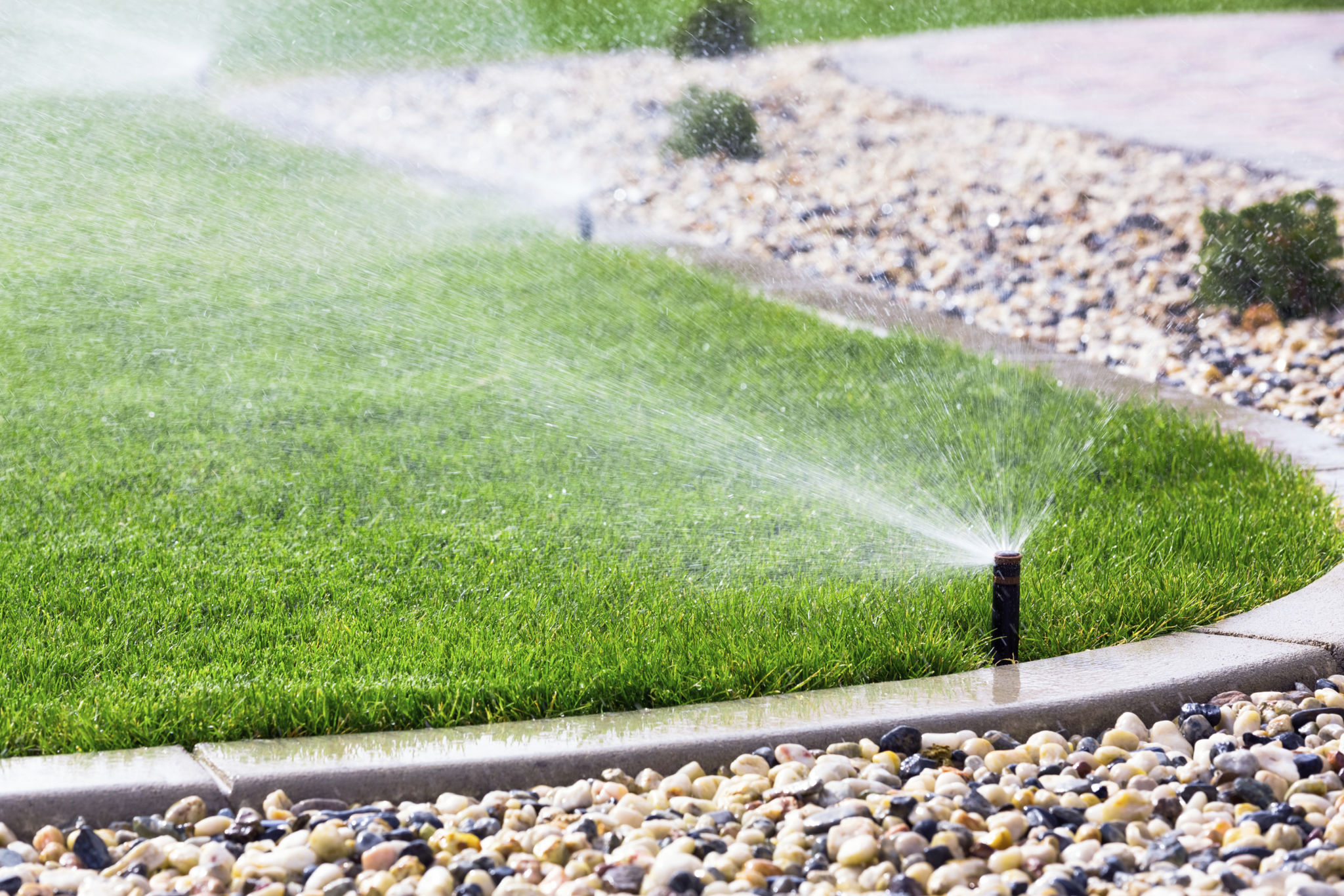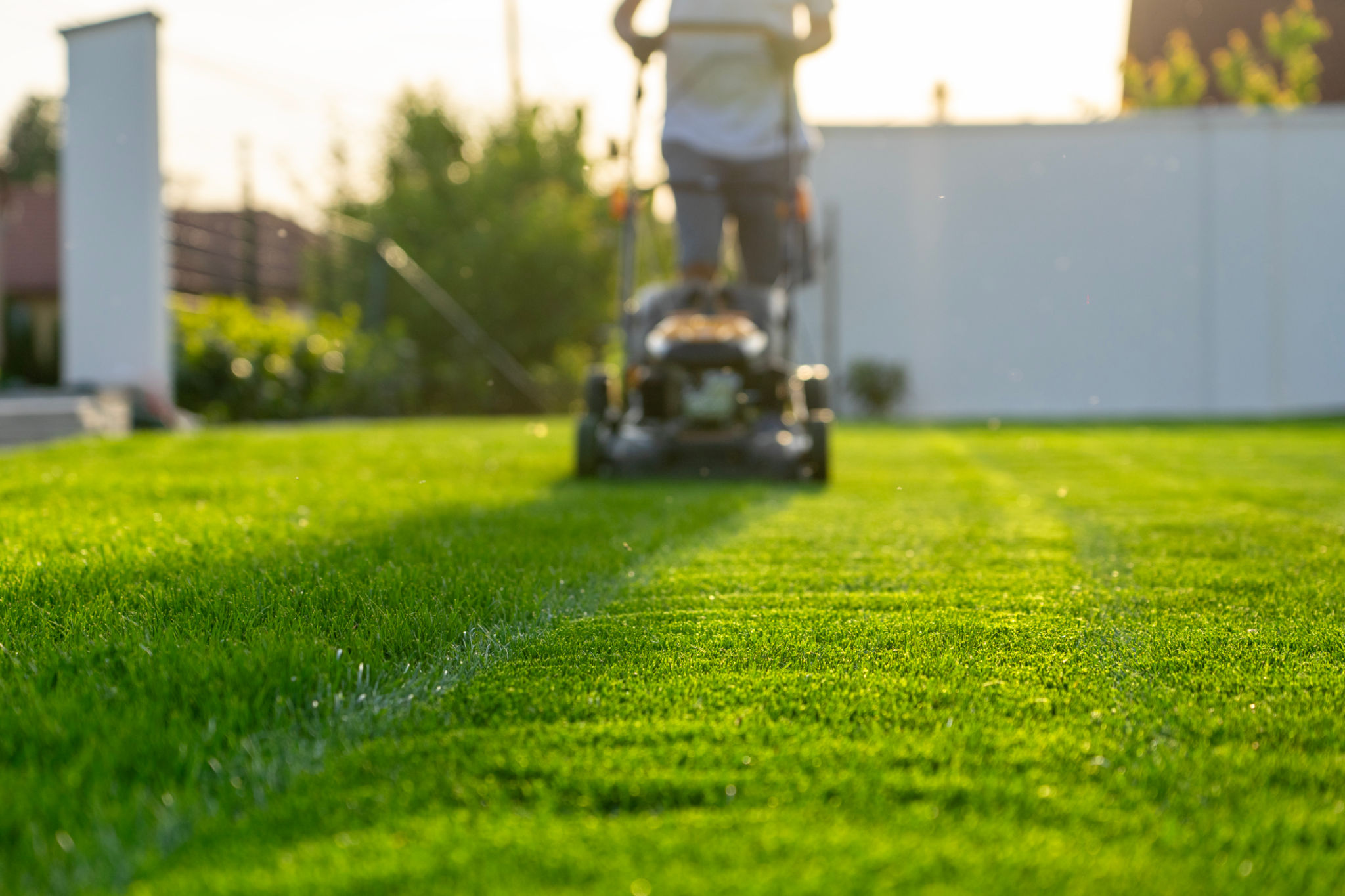Common Misconceptions About Lawn Care Debunked by Experts
Understanding Lawn Fertilization
A common misconception is that more fertilizer equals a healthier lawn. However, over-fertilizing can actually harm your grass, leading to a build-up of harmful chemicals and salts in the soil. Experts recommend conducting a soil test to determine the specific nutrient needs of your lawn before applying any fertilizers.

Watering Myths
The Timing of Watering
Many believe that watering your lawn in the evening is best because the moisture doesn't evaporate quickly. However, this can lead to prolonged moisture on the grass, promoting fungal growth. The ideal time to water is early morning, allowing the grass to dry as the day progresses.
Watering Frequency
Another myth is that frequent, shallow watering is beneficial. In reality, it encourages shallow root growth. Experts suggest deep, infrequent watering to promote deep root systems and a more drought-resistant lawn.

Mowing Misunderstandings
The Height of the Grass
A common belief is that cutting grass very short reduces the frequency of mowing. However, this practice can stress the grass and make it more susceptible to disease and drought. It's best to follow the "one-third rule," cutting no more than one-third of the grass height at a time.
Clipping Removal
Some people think that leaving grass clippings on the lawn creates a mess. In fact, mulching the clippings back into the lawn provides essential nutrients and can reduce the need for additional fertilization.

The Role of Aeration
Aeration is often overlooked, with many homeowners unaware of its benefits. Compacted soil can restrict root growth and nutrient uptake. Aeration involves perforating the soil with small holes to allow air, water, and nutrients to penetrate deeper into the roots. This process should be done at least once a year for optimal lawn health.
Pest Control Misconceptions
Many people assume all insects are harmful to their lawn. However, some insects are beneficial and help maintain the ecological balance. It's important to correctly identify pests before applying any treatments. Overuse of pesticides can harm beneficial insects and lead to resistance in harmful pest populations.

Choosing the Right Grass Type
Some believe that all grass types are suitable for any climate. In reality, selecting the right grass type depends on several factors including climate, soil type, and sun exposure. Consulting with a local lawn care expert can help you choose the best grass variety for your region and lawn conditions.
By debunking these common misconceptions, you can make informed decisions that lead to a healthier, more resilient lawn. Trusting expert advice over widespread myths ensures your lawn remains lush and vibrant throughout the seasons.